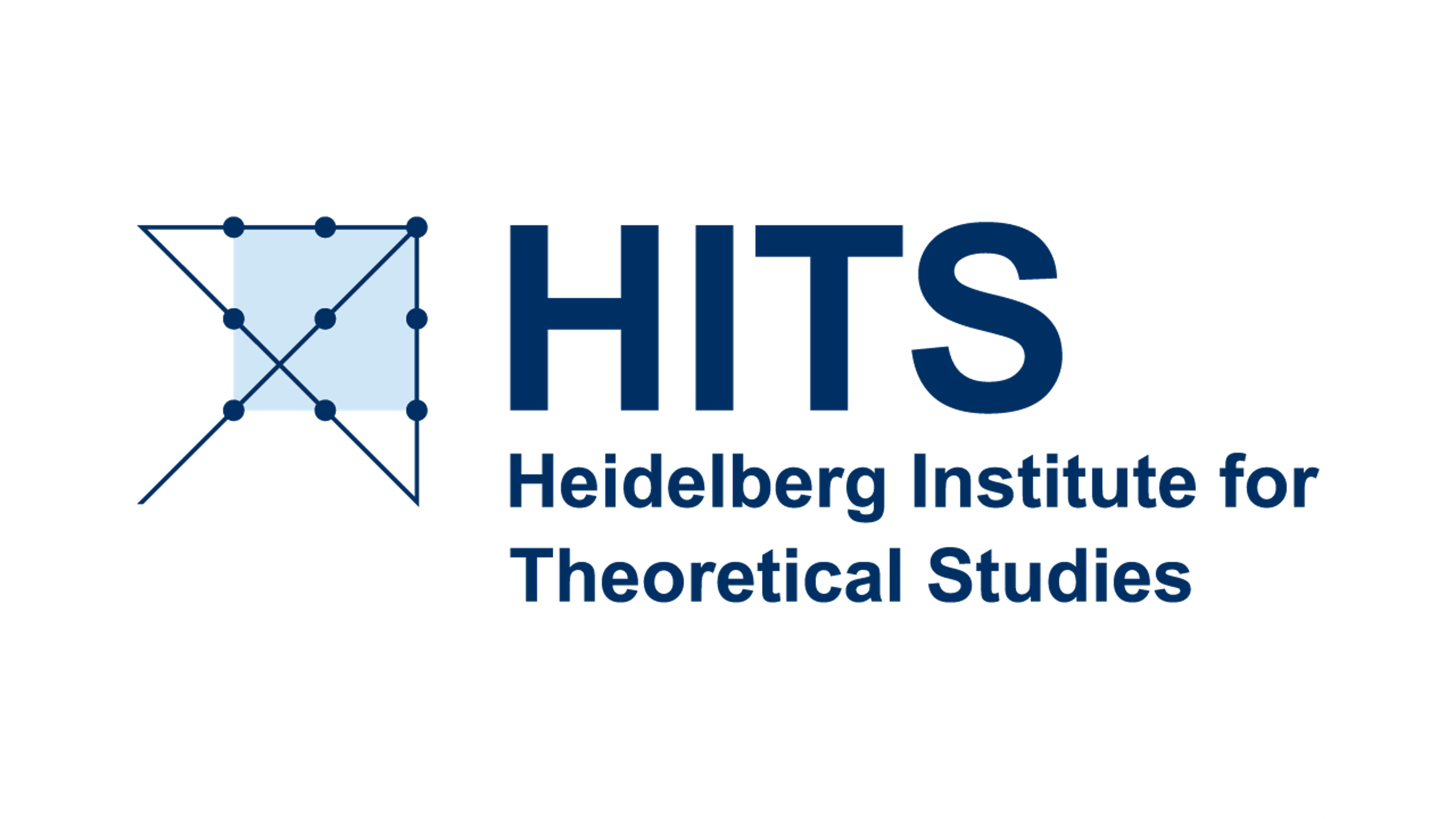Excellence Strategy: HITS researchers successful with two clusters on astrophysics and life sciences

How do stellar explosions or the evolution of galaxies influence our universe today? How can synthetic biology and specially designed cells aid in the protection of our immune system against infections and cancer? Tackling these research questions from different disciplines is the endeavor of two projects that have been selected as Clusters of Excellence in the Excellence Strategy of the Federal and State Governments of Germany. Both of these projects involve researchers from the Heidelberg Institute for Theoretical Studies (HITS).

“Together with our partners, we are delighted with this success,” says Kai Polsterer, current Scientific Director at HITS. “The approval for two clusters validates our work, which is based on interdisciplinary thought and a deep understanding of basic research.” The physicist and computer scientist is himself a major contributor in one of the Clusters of Excellence.
In “Dynaverse”, his team will work towards understanding the dynamic processes in the universe across a wide range of time scales.

Biophysicist Rebecca Wade runs a sub-project at “SynthImmune – Engineering Immune Function with Synthetic Biology” and provides expertise in molecular modeling and computer simulation.
Former HITS group leader Frauke Gräter, who since January 2025 has been working as Director at the Max Planck Institute for Polymer Research in Mainz, is part of another approved Cluster of Excellence at Heidelberg University, “3D Matter Made to Order”.
Excellence Strategy
The Excellence Strategy aims to enhance Germany’s status as an outstanding research hub for science as well as enrich its international competitiveness. It encourages the successful development of German universities by financially supporting research of the highest standard, training top performers in research, and facilitating collaboration between universities and across scientific disciplines.
Media Contact:
Dr. Peter Saueressig
Head of Communications
Heidelberg Institute for Theoretical Studies (HITS)
About HITS
HITS, the Heidelberg Institute for Theoretical Studies, was established in 2010 by physicist and SAP co-founder Klaus Tschira (1940-2015) and the Klaus Tschira Foundation as a private, non-profit research institute. HITS conducts basic research in the natural, mathematical, and computer sciences. Major research directions include complex simulations across scales, making sense of data, and enabling science via computational research. Application areas range from molecular biology to astrophysics. An essential characteristic of the Institute is interdisciplinarity, implemented in numerous cross-group and cross-disciplinary projects. The base funding of HITS is provided by the Klaus Tschira Foundation.




